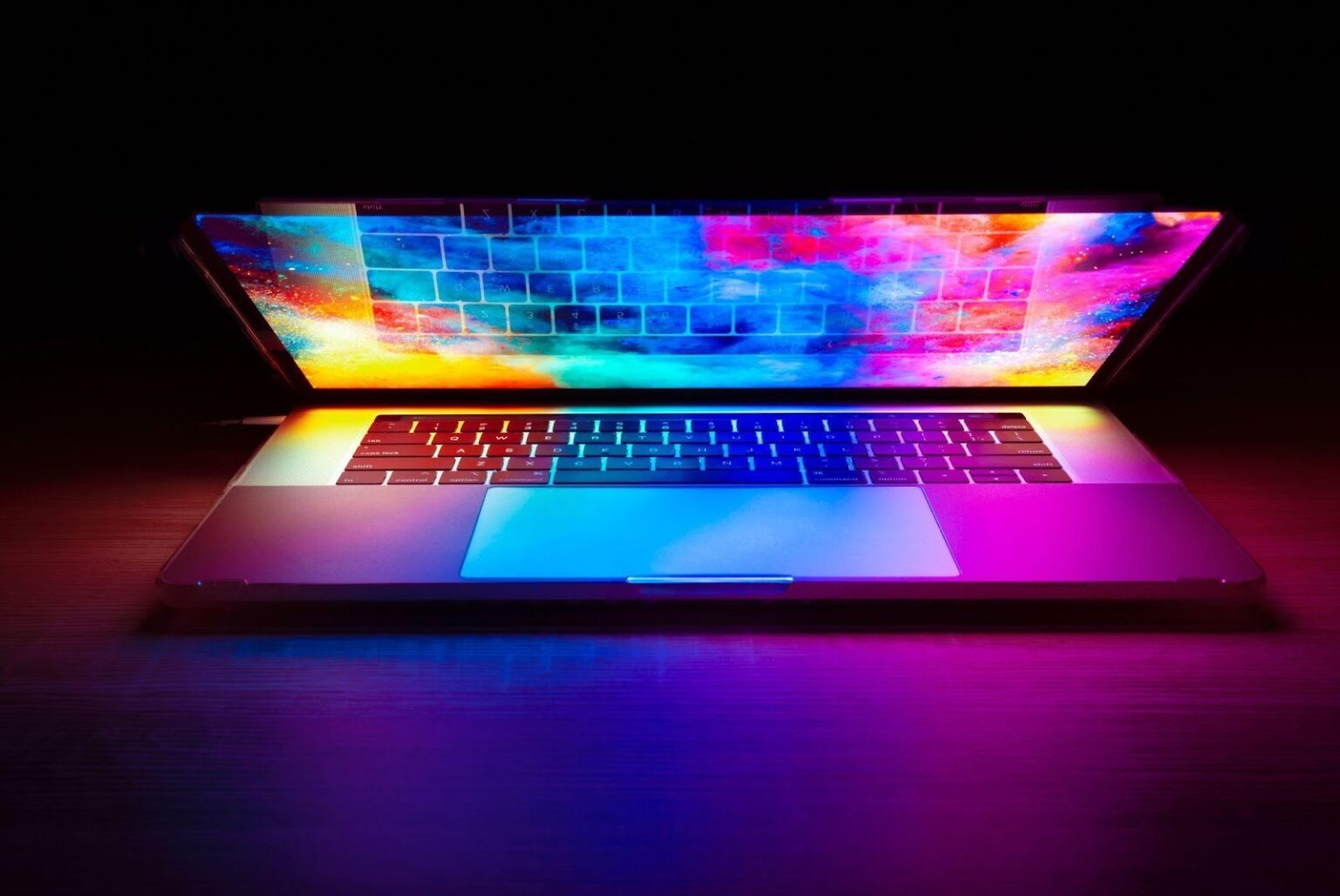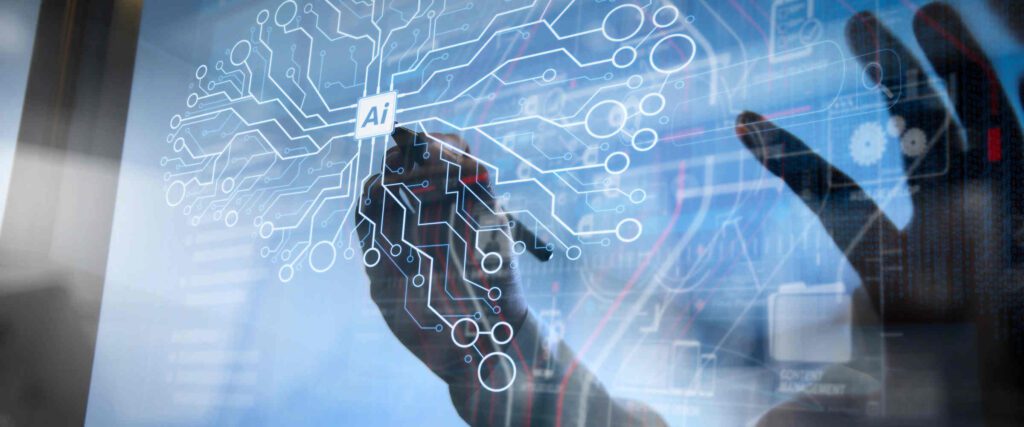
No restrictions: Here’s why the latest ChatGPT upgrade worries politicians
In the rapidly evolving world of technology, artificial intelligence (AI) stands out as a beacon of progress and efficiency. But could this beacon be casting a shadow of bias, particularly gender bias, in the workplace? A recent study suggests that the answer might be yes, and it’s a wake-up call for all of us relying on AI tools like ChatGPT. Here’s what we know on how to get a no-restrictions access ticket inside the platform.

The Bias Behind the Screen
Researchers from the University of California, Los Angeles, and Stanford University conducted an eye-opening experiment using two large language model (LLM) chatbots, ChatGPT and Alpaca. They tasked these AI tools with writing recommendation letters for hypothetical employees.
The results, published on arXiv.org, were startling. The language used by these AI systems showed a clear gender bias. Men were described with terms like “expert” and “integrity,” while women were labeled “beauty” and “delight.” This disparity raises significant concerns about the use of AI in professional settings.
This isn’t the first time AI has shown bias in the workplace. In 2018, Amazon had to scrap an AI-powered résumé review tool because it penalized applications mentioning “women.” The root of the problem lies in the training data, which often reflects historical biases.
Alex Hanna, director of research at the Distributed AI Research Institute, points out that the internet, a significant source of data for these AI models, is dominated by male users, further skewing the AI’s learning process.

Can We Fix AI’s Gender Bias?
Addressing this issue is complex. Hanna suggests that while completely debiasing the data set might be unrealistic, acknowledging these biases and implementing mechanisms to mitigate them is crucial. Reinforcement learning, where the model is trained to de-emphasize biased outputs, could be a step in the right direction. However, as AI becomes more integrated into our work lives, the urgency to address these biases grows.
The implications of AI’s gender bias are far-reaching. Women already face inherent biases in business and the workplace. From communication challenges to wage gaps, the struggle for equality is ongoing.
AI, instead of being a tool for progress, might be reinforcing these outdated stereotypes. Gem Dale, a lecturer in human resources, emphasizes the importance of understanding and tackling these issues head-on, especially as AI becomes more prevalent in professional settings.

Sam Altman’s Turbulent Week at OpenAI
In a dramatic turn of events, Sam Altman, the chief executive of OpenAI, was ousted and then reinstated within a week. This corporate saga, reminiscent of plotlines from Succession and Silicon Valley, began with the board’s decision to remove Altman, citing lack of candor. The fallout was immediate, with employees threatening to resign and tech industry leaders voicing their support for Altman.
Altman’s return marks a significant shift in OpenAI’s governance. The new board, including former Salesforce co-CEO Bret Taylor and former White House adviser Larry Summers, signals a fresh start for the company. This change comes at a crucial time as OpenAI navigates the complex landscape of AI development and its ethical implications.
As we witness the unfolding drama at OpenAI and the broader tech industry, one question remains: Will the tech giants take the necessary steps to address the gender biases in AI, or will these issues continue to be an afterthought?



